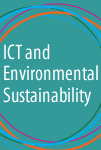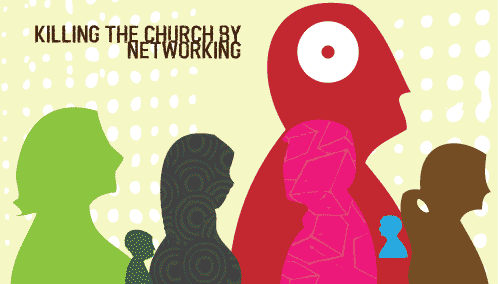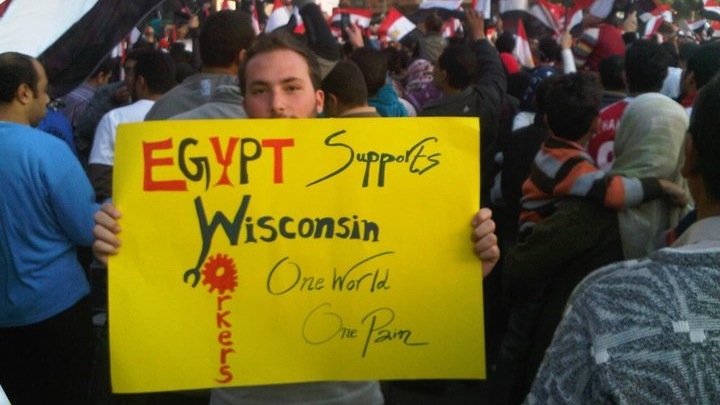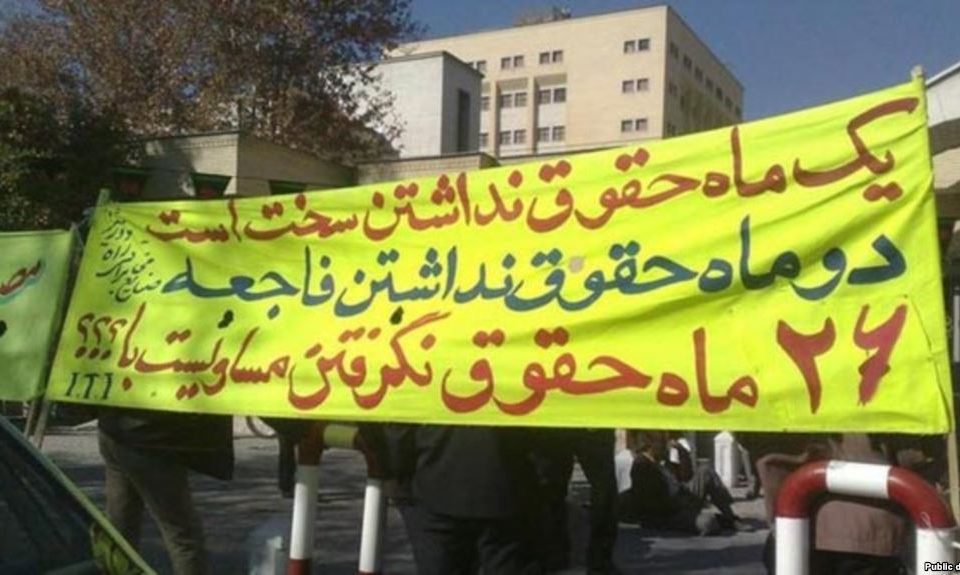
ICT and Environmental Sustainability
February 27, 2011
Killing the Church by Networking
March 9, 2011It’s hard to avoid discussions about the use of Facebook to galvanize protests from Egypt than to Wisconsin. As we prepare for the first issue of our online magazine, we have come across many interesting discussions of networking, both digital and physical, that we will elaborate on a bit more in the future. Until then, here are some links to discussions and articles that are of interest.
The radio program, On the Media, discusses “The Global Impact of the Internet:” http://www.onthemedia.org/transcripts/2011/02/18/02. Here’s a taste from a discussion with Ethan Zuckerman:
So the dictator’s dilemma basically stipulates that if you run a repressive government, the last thing you want is a communications medium that people can use to organize themselves. So you really don’t want SMS on mobile phones because we know from the Philippines that people use it to organize and get people out to a public square. You really don’t want Facebook. You don’t want any of these tools that people could use to mobilize a mass of people.
The problem is if you turn these tools off you crash your economy because these tools are dual use, and it’s very, very hard for a government to withdraw itself from the Internet entirely without suffering severe economic consequences.
A New York Times article looks at the relationship between social networking and the uprisings in Tunisia and Egypt:
“There were many catalysts of the uprising,” said Ahmed Zidan, an online political activist marching toward Tahrir Square for a protest last week. “The first was the brutal murder of Khalid Said.”
…
But Mr. Said’s death may be the starkest example yet of the special power of social networking tools like Facebook even — or especially — in a police state. The Facebook page set up around his death offered Egyptians a rare forum to bond over their outrage about government abuses.
“Prior to the murder of Khaled Said, there were blogs and YouTube videos that existed about police torture, but there wasn’t a strong community around them,” said Jillian C. York, the project coordinator for the OpenNet Initiative of the Berkman Center for the Internet and Society at Harvard University. “This case changed that.”
In an interview, Manuel Castells, author of Communication Power, discusses the role of new communication tools:
In Egypt, popular mobilisation via the digital media has created cyber heroes such as Wael Ghonim, the young Google executive. Leaders of uprisings historically led political and social movements from the grass roots, which would then play a key role in the political future, such as Daniel Cohn-Bendit in France or Lech Walesa in Poland, just to give a couple of examples. However, we now have people with important technological knowledge, but often little political baggage. What role do you think these new leaders will play in the future of these countries?
The important thing to remember about wiki-revolutions (self-generating and self-organising ones), is that leadership doesn’t count, they are just symbols. However, these symbols don’t have any power, nobody obeys them and neither would they try. Perhaps later on, when the revolution has become institutionalised, some of these people may be co-opted to be a symbol for change, although I very much doubt that Ghonim wants to be a politician. Cohn-Bendit was just the same, a symbol, not a leader. He was a student and friend of mine in ’68 and was a true anarchist, rejecting leaders’ decisions and using his charisma (the first to be repressed) to help spontaneous mobilisation. Walesa was different, a union Vaticanist, which is why he became a politician so quickly. Cohn-Bendit took a lot longer and even so is still a green at heart who although now elderly, maintains values of respect towards the origins of social movements.
On Comment is Free, Emily Bell discusses the increasing relationship between professional journalists and citizen journalists (the “publishing public”):
If we take the example of the past few weeks of the Arab Spring, the astonishing unfolding story has made two things abundantly clear. One is that without professional journalism, democracy is unsustainable; and the other is that without a strong alliance with, and understanding of, the publishing public, professional journalism is unsustainable.
Across the world, in Wisconsin, the right to collective bargaining for public employees is being threatened by the legislature. Like protesters in the MENA region, they are using social media to spread the word. Posts on Facebook are asking supporters outside of Wisconsin to order pizzas for the protesters. To date, pizza orders have come in from all over the world, including Egypt.





